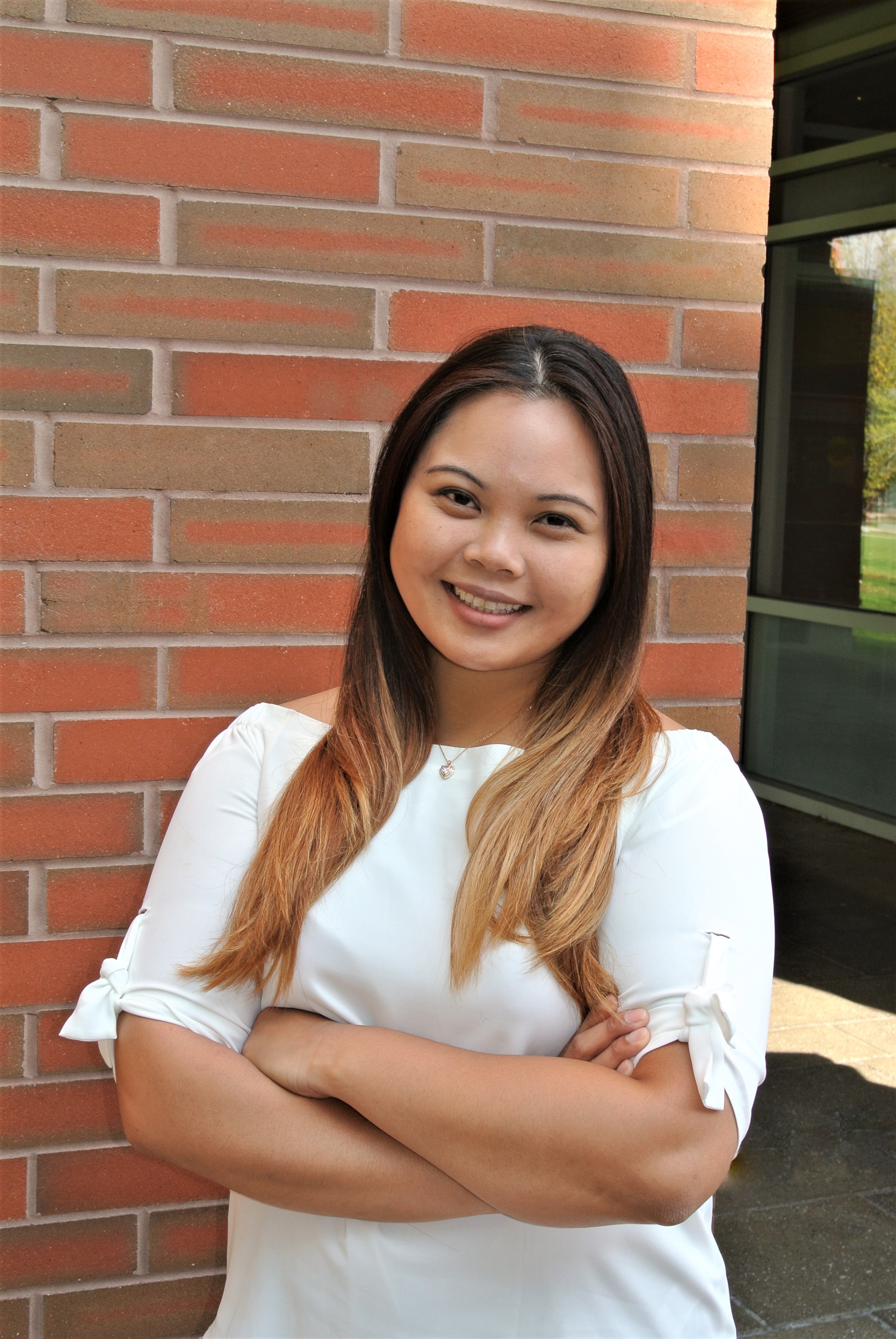Samantha Ilagan

Pharmaceutical Biotechnology Co-op & Management Student
Company: Ministry of Environment, Conservation and Parks (MECP)
Co-op Job Title: Student Chemical Analyst
What motivated you to apply for Co-op?
As a mature student pursuing a second career, I wanted to experience the workplace of a laboratory analyst since it would be a completely new setting for me! To see the real-world applications of my studies is the ultimate goal.
Can you describe your position in a few sentences?
As a chemical analyst, I worked closely with analytical technologists and scientists to analyze biota and water samples, interpret the data, and learn fundamental laboratory techniques. Some lab techniques included: dilutions, weighing samples, preparing reagents, and equipment calibrations. My role was to help analytical technologists maintain and uphold accreditation guidelines, and ensure laboratory procedures run smoothly.
Did you receive training to perform your duties? Please Explain.
I underwent basic training that all analysts must complete prior to entering the lab. The training involved: health and safety, documentation to uphold accreditation, standard operating procedures, and proficiency testing. I was also trained on an on-going basis to perform laboratory techniques such as: preparing standard solutions, storage and contamination control of labwares, and equipment calibrations.
What was your work atmosphere like? (flexibility, formality, team centric, supportive)
Working at the MECP provided an excellent work-life balance. I was able to choose my working hours and, if required, I was granted accommodations to my schedule. Within the branch, each section was like a family. Everyone was extremely supportive, provided advice on laboratory best practices, and even guidance on future career options. My manager and group leader were very understanding and worked closely with me to ensure I was successful in the lab.
What new skills were you able to learn/develop during your co-op placement?
Being completely new to a laboratory workplace, I learned about many aspects of the scientific industry. For example, for a laboratory’s results to be reliable, the entire analytical process and, therefore, the laboratory itself must work under accreditation guidelines. All equipment and labwares must be calibrated at regular intervals. Pure standards from reliable sources must be used to create all working standards, and all analytical methods need to include a second source of pure standards. Most importantly, all areas of the lab and within the branch must have written documentation throughout sample processing – from sample reception to submission of results.
How did your experience compare with your expectations?
As I only had laboratory experience through my courses, the MECP laboratory greatly exceeded my expectations. I was amazed by the many procedures and hands involved in running an accredited lab. Not only were their rigorous regulations to follow, but the number of samples requiring analysis was also overwhelming. As well, the time required to process these samples was of great importance to avoid the expiration of the sample (any loss of analyte or reduction of preservative) and meeting the customer’s expectations (turnaround times).
What was your proudest moment?
In eight months, I weighed approximately 2,500 fish samples and helped with the preservation of water samples. In April 2019, my section received an internal branch award for customer service for meeting turnaround times of samples. I received a certificate of recognition for my work and felt integral to the team.
What advice would you offer to current students thinking about pursuing co-op?
Acquiring a co-op placement is extremely worthwhile and rewarding. It’s an opportunity to showcase and develop yourself beyond technical skills. You will network, learn about your strengths and weaknesses, and shape your goals for the future. You would be much closer to achieving your goals by helping yourself transition from student to professional – and this is the ultimate goal. Be confident in yourself, regardless of skill level because there will always be support along the way. If you are a proactive student who is interested in self-development, a co-op will be one of the most meaningful experiences in your undergraduate career.